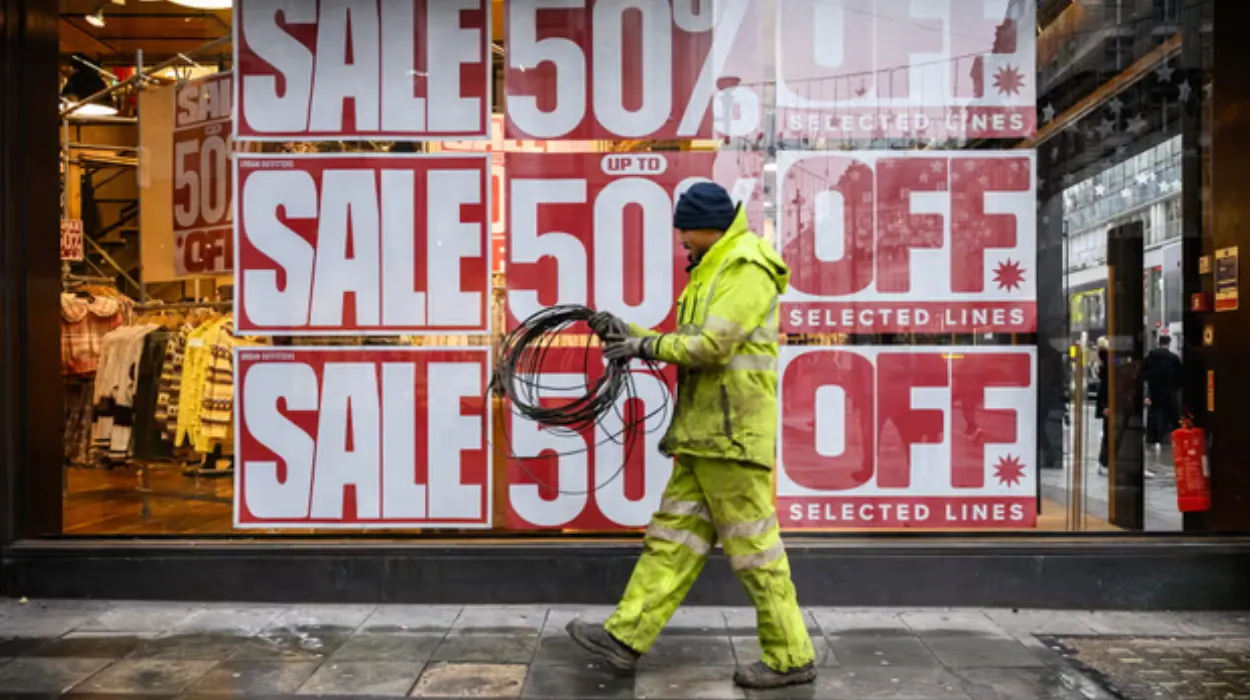UK (Parliament Politics Magazine) – British companies face tough times ahead, expecting lower growth and activity in 2025, as the National Insurance increase is seen as a major factor in the downturn.
The Confederation of British Industry (CBI) survey reveals businesses expect reductions in output and hiring, contributing to the broader economic slowdown in the second half of the year.
British companies are trying to offset the effects of Chancellor Rachel Reeves’ budget move to raise £25bn through increased employers’ National Insurance contributions (NICs).
Ms. Rachel defends her National Insurance hike as necessary to tackle the “black hole” in public spending, but she admits it could result in lower wages and job reductions.
As reported by The Guardian, CBI warned that the rise in NICs has worsened “an already tepid demand environment.”
The survey of 899 businesses, conducted between 25 November and 12 December, revealed that growth expectations are at the weakest level since November 2022, following the disruption caused by Liz Truss’s tenure in Number 10.
The gloom spanned across industries, with the service sector projecting a drop in activity and manufacturers expecting a significant decrease in output over the three months leading up to March.
Chancellor Rachel said,
“Now we have fixed the foundations of our economy, I am going for growth.”
She added,
“Because we cannot tax and spend our way to prosperity, nor can we tax and spend our way to better public services. Instead, we need economic growth and we need economic reform.”
During a CBI event, she argued that raising taxes was the only option available for the government.
Ms Rachel Reeve stated,
“I have heard lots of responses to the government’s first budget, but I have heard no alternatives. We have asked businesses and the wealthiest to contribute more. I know those choices will have an impact.”
She insisted that she “stand by those choices as the right choices for our country: investment to fix the NHS and rebuild Britain while ensuring working people don’t face higher taxes in their payslips.”
A new poll published on Monday indicates that retailers may face another setback in the new year as data from the British Retail Consortium reveals a six-point decline in consumer spending expectations, affecting all retail sectors.
Helen Dickinson, CEO of BRC stated,
“If these expectations are realised, retailers could find themselves facing a new year spending squeeze just as they unveil their January sales.”
The Independent reports that the British economy declined unexpectedly in October, resulting in two months of contraction for the first time after Covid-19.
The CPI inflation rate in November increased to 2.6%, marking its highest point since March and the second consecutive rise as the Bank of England kept borrowing rates at 4.75% amid warnings of “heightened uncertainty in the economy.”
On Friday, economic experts warned that a severe downturn and rising borrowing costs since the budget could weaken government finances and force Ms Reeves to impose additional taxes.
According to City economists, the hike in inflation in recent months would lead the Bank to maintain high interest rates, which could reduce household spending and affect Reeve’s efforts to grow economic growth.
While speaking to The Independent, John Longworth, head of the Independent Business Network, said he’s not shocked by the survey’s results, adding, “Nearly all of the family businesses I speak to in our network are battening down the hatches for a recession and trying to survive this cloth-eared government.”
The CBI survey revealed a 24 percentage-point gap between businesses expecting negative and positive output, a decline from the 10-point gap seen in November 2023.
It stated,
“Firms are looking to the government to boost confidence and to give them a reason to invest, whether that’s long overdue moves to reform the apprenticeship levy, supporting the health of the workforce through increased occupational health incentives, or a reform of business rates.”
Lucy Powell, the leader of the Commons, defended the government’s economic stance on Sunday, acknowledging public dissatisfaction but stressing that Labour’s inherited situation meant significant changes would take time.
The spokesperson from the Treasury stated,
“We had to make difficult decisions at the budget to fix the economy and the £22bn black hole this government inherited. We have wiped the slate clean and delivered the stability businesses so desperately need.”


